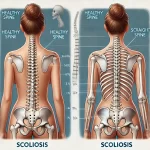
Liver transplant is a life-saving procedure that can improve the quality of life for patients with end-stage liver disease. After undergoing a liver transplant, it is important to maintain a healthy diet and nutrition plan to ensure proper healing and reduce the risk of complications.
In this blog post, we will discuss the importance of diet and nutrition after liver transplant and provide tips on how to maintain a healthy diet.
Why is Diet and Nutrition Important after Liver Transplant?
After a liver transplant, your body needs adequate nutrients to heal and recover from the surgery. A healthy diet also helps to prevent infections, promote wound healing, and reduce the risk of complications such as rejection or infection.
Furthermore, certain medications used after a liver transplant can cause side effects such as weight gain, high blood pressure, and high cholesterol levels. Maintaining a healthy diet can help manage these side effects and improve overall health.


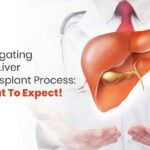


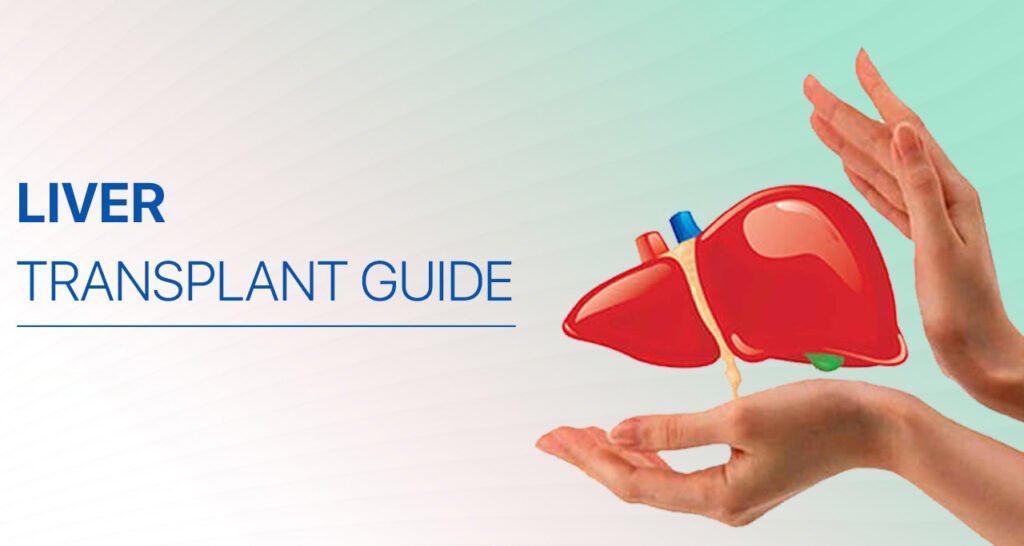
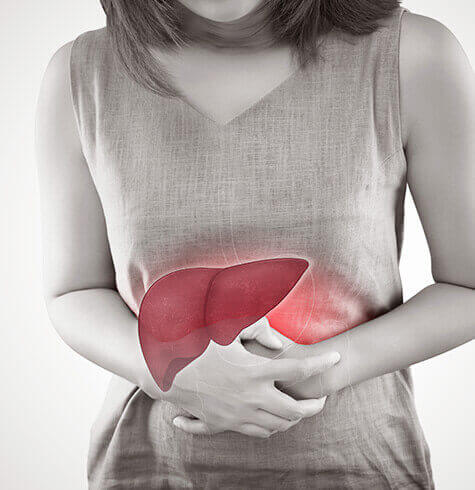

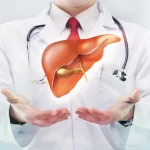

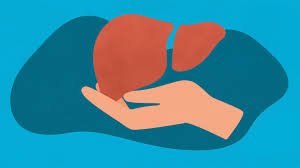
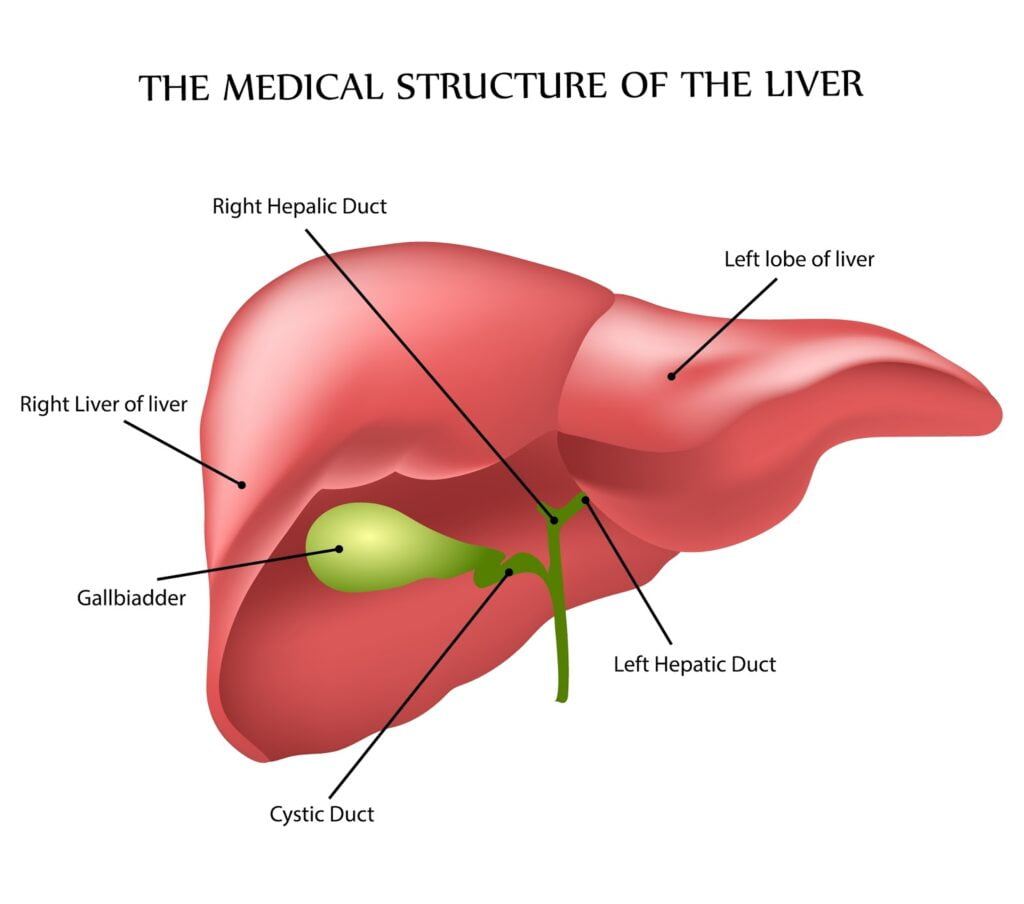
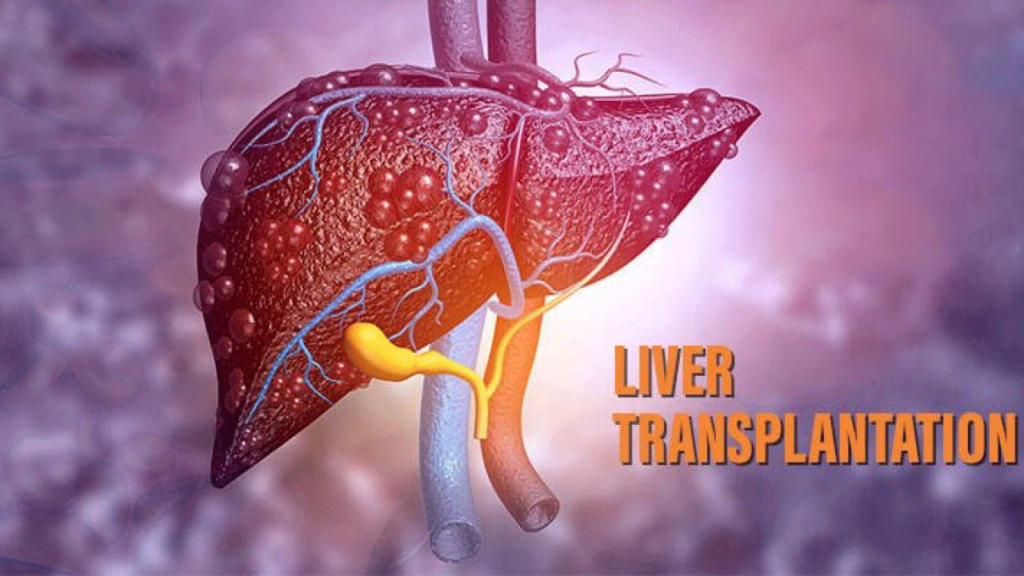


Indian Health Adviser (IHA) is a healthcare facilitator seeking to make health and wellness easier for people of international residents, their families, and their friends.
Designed by Acmeinfolabs